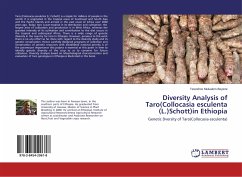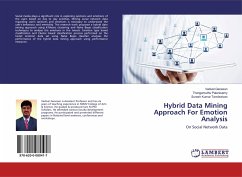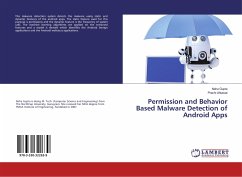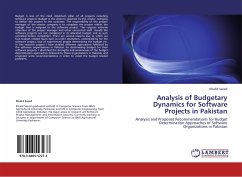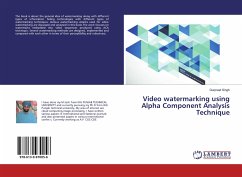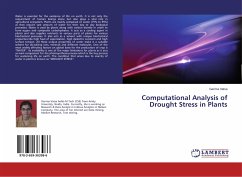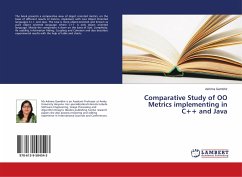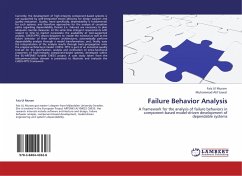
Failure Behavior Analysis
A framework for the analysis of failure behaviors in component-based model-driven development of dependable systems
Versandkostenfrei!
Versandfertig in 6-10 Tagen
32,99 €
inkl. MwSt.

PAYBACK Punkte
16 °P sammeln!
Currently, the development of high-integrity component-based systems is not supported by well-integrated means allowing for design support and quality evaluation. Quality, more specifically, dependability is fundamental for such systems, and therefore approaches for the analysis of causation paths regarding dependability threats (i.e. failures) are necessary to plan adequate counter-measures. At the same time stringent requirements with respect to time to market necessitate the availability of tool-supported analysis. CHESS-FPTC allows designers to: model the nominal as well as the failure beh...
Currently, the development of high-integrity component-based systems is not supported by well-integrated means allowing for design support and quality evaluation. Quality, more specifically, dependability is fundamental for such systems, and therefore approaches for the analysis of causation paths regarding dependability threats (i.e. failures) are necessary to plan adequate counter-measures. At the same time stringent requirements with respect to time to market necessitate the availability of tool-supported analysis. CHESS-FPTC allows designers to: model the nominal as well as the failure behavior of their software architectures; automatically perform dependability analysis through a model transformation; and, finally, ease the interpretation of the analysis results through back-propagation onto the original architectural model. CHESS- FPTC is part of an industrial quality tool-set for the specification, analysis and verification of extra-functional properties of high-integrity component-based systems, developed within the EU-ARTEMIS funded CHESS project. A case study taken from the telecommunication domain is presented to illustrate and evaluate the CHESS-FPTC framework.




